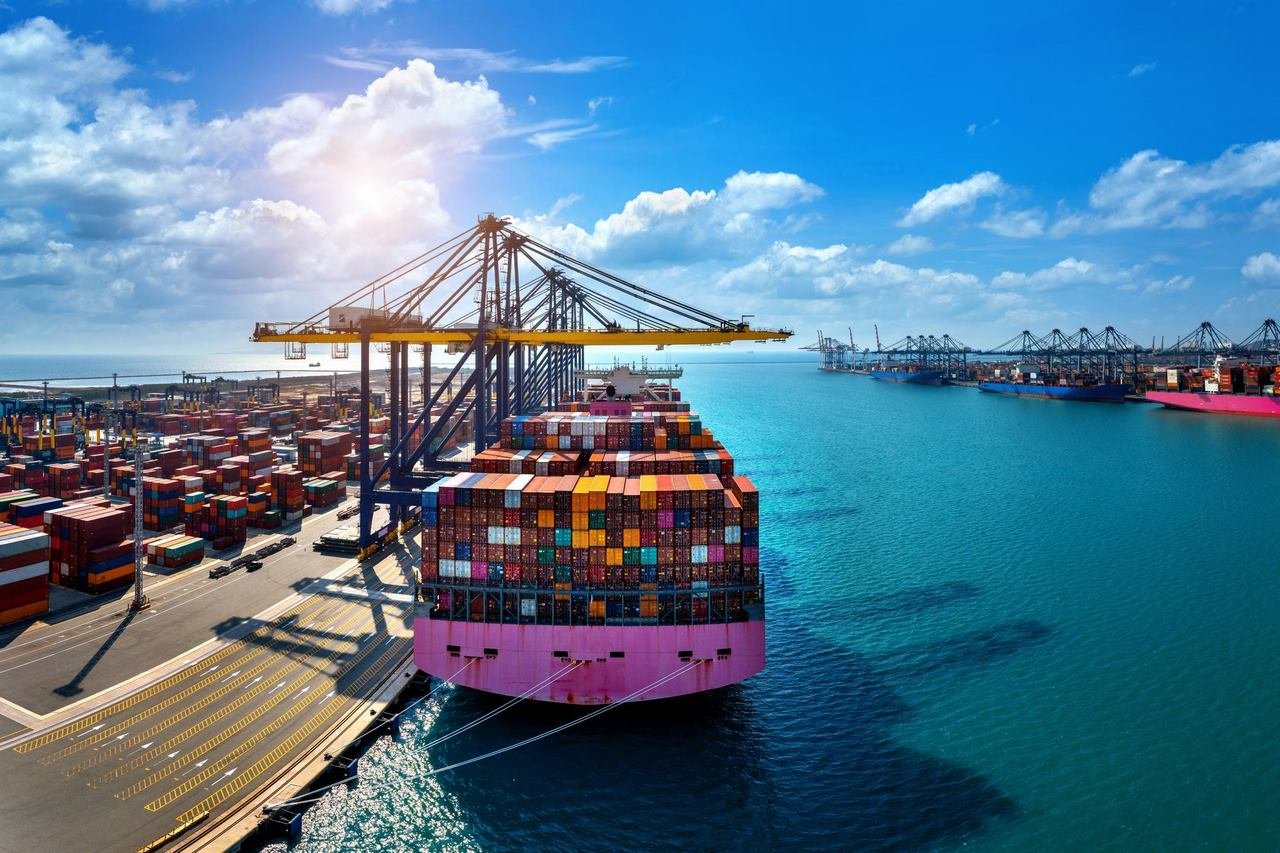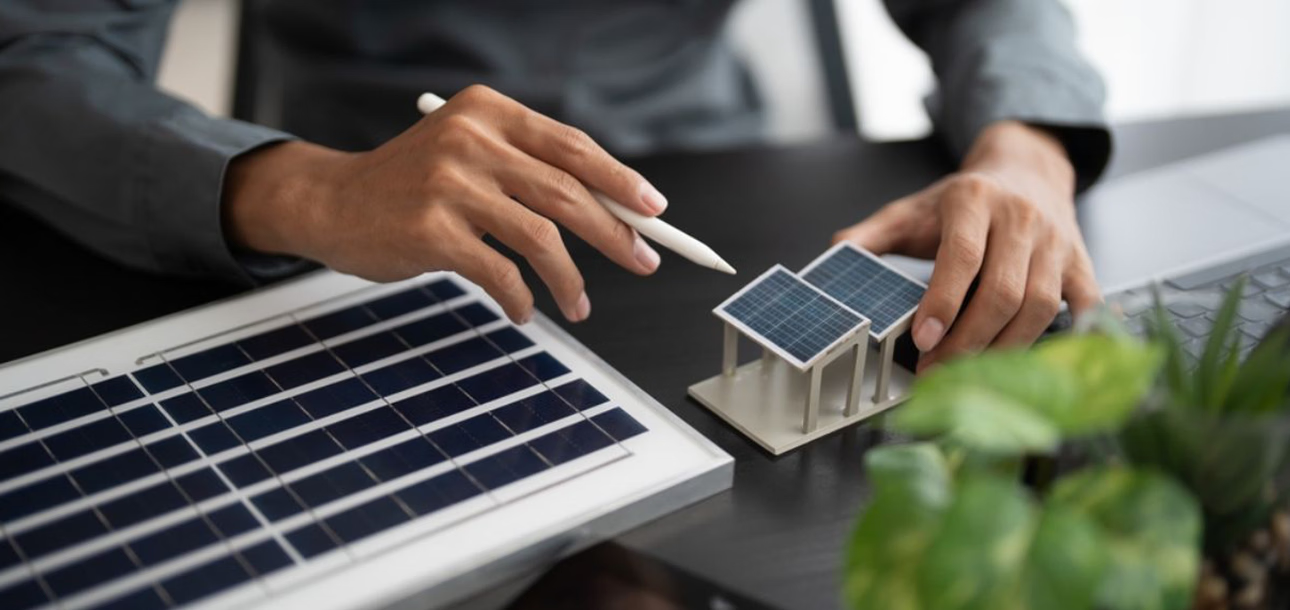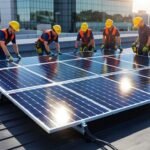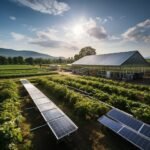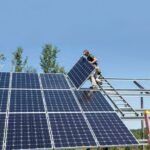The global clean energy revolution is accelerating at an unprecedented pace, with solar farms at the heart of this transition. At Steelbridge Export, we’ve seen firsthand how foreign direct investment (FDI) is reshaping the future of solar infrastructure. By channeling international capital into solar power plants, solar EPC projects, and solar construction initiatives, investors are helping nations expand their renewable energy capacity while achieving long-term financial returns.
Global Solar Expansion Backed by FDI
The result? A worldwide boom in solar energy projects supported by governments, private investors, and international institutions.
Why FDI Matters for Solar Farm Development
FDI in energy is more than just capital—it’s a catalyst for innovation, scale, and infrastructure growth. When international investors back a solar farm, they bring not only funding but also advanced technology, project expertise, and global best practices.
Key impacts of FDI include:
Expanding access to solar infrastructure in emerging markets
Driving down the cost of PV panels through economies of scale
Strengthening global supply chains for utility-scale solar projects
Supporting energy diversification and resilience in host countries
By investing in solar farms, foreign capital accelerates both clean energy investment and national energy independence.
 Regional Hotspots for FDI in Solar Energy
Regional Hotspots for FDI in Solar Energy
🌍 Middle East and North Africa (MENA)
The MENA region, with abundant sunshine, is a magnet for turnkey solar plant contracts. Countries like the UAE and Saudi Arabia are leading the charge, with massive solar farms financed by global investors.
🌏 Asia-Pacific
India and China remain leaders in solar power plant capacity expansion, with billions in FDI inflows aimed at large-scale solar construction projects.
🌍 Sub-Saharan Africa
Emerging markets across Africa are attracting FDI for off-grid solar and hybrid systems, ensuring rural communities gain access to renewable energy.
🌍 Europe & North America
While already advanced in solar deployment, these regions continue to attract private equity solar investments for clean energy infrastructure upgrades.
Benefits of FDI in Solar Farm Development
Capital Mobilization – Enables faster deployment of solar projects.
Technology Transfer – Brings advanced photovoltaic systems and expertise.
Job Creation – Local communities benefit from solar construction and O&M.
Energy Transition Support – Reduces dependence on fossil fuels.
Sustainable Investment Growth – Enhances ESG-driven investment portfolios.
 Investment Models Supporting the Solar Boom
Investment Models Supporting the Solar Boom
Equity Financing – Investors take ownership stakes in solar farms.
Debt Financing / Green Bonds – Provides funding backed by future project revenues.
Public-Private Partnerships (PPP) – Governments and global investors share project risks.
Project Finance Models – Cash flows from solar farms secure the investment.
Each model strengthens the global renewable investment ecosystem and ensures steady growth in solar infrastructure.
Related posts: Balancing Capital Investment and Risk in Solar Ventures: 2025 Guide to Solar Infrastructure
The Future of FDI in Solar
As global demand for clean energy grows, FDI in solar investment is expected to rise significantly. International funds, sovereign wealth funds, and private equity firms are increasingly targeting solar farms as part of their long-term investment portfolios.
By 2030, experts project that over half of new global electricity generation will come from renewable energy sources, with solar power plants leading the way.
Looking to expand your portfolio with high-ROI solar farm investments? Partner with Steelbridge Export to explore global opportunities in FDI-backed clean energy projects.
yenisana energy, your connection in Iran and middle east for solar projects.
FAQs
- 1. Why is FDI important for solar farm development?
Because it provides capital, expertise, and global partnerships needed for large-scale deployment. - 2. Which regions attract the most solar FDI?
The Middle East, Asia-Pacific, and Africa are current hotspots for solar investment. - 3. How do investors benefit from solar farm FDI?
They secure long-term ROI, diversify portfolios, and align with sustainability goals. - 4. What role do governments play in attracting solar FDI?
They provide incentives, tax breaks, and stable regulations to encourage clean energy investment. - 5. Can small investors participate in solar farm FDI?
Yes—through green bonds, ESG funds, and private equity solar opportunities.

